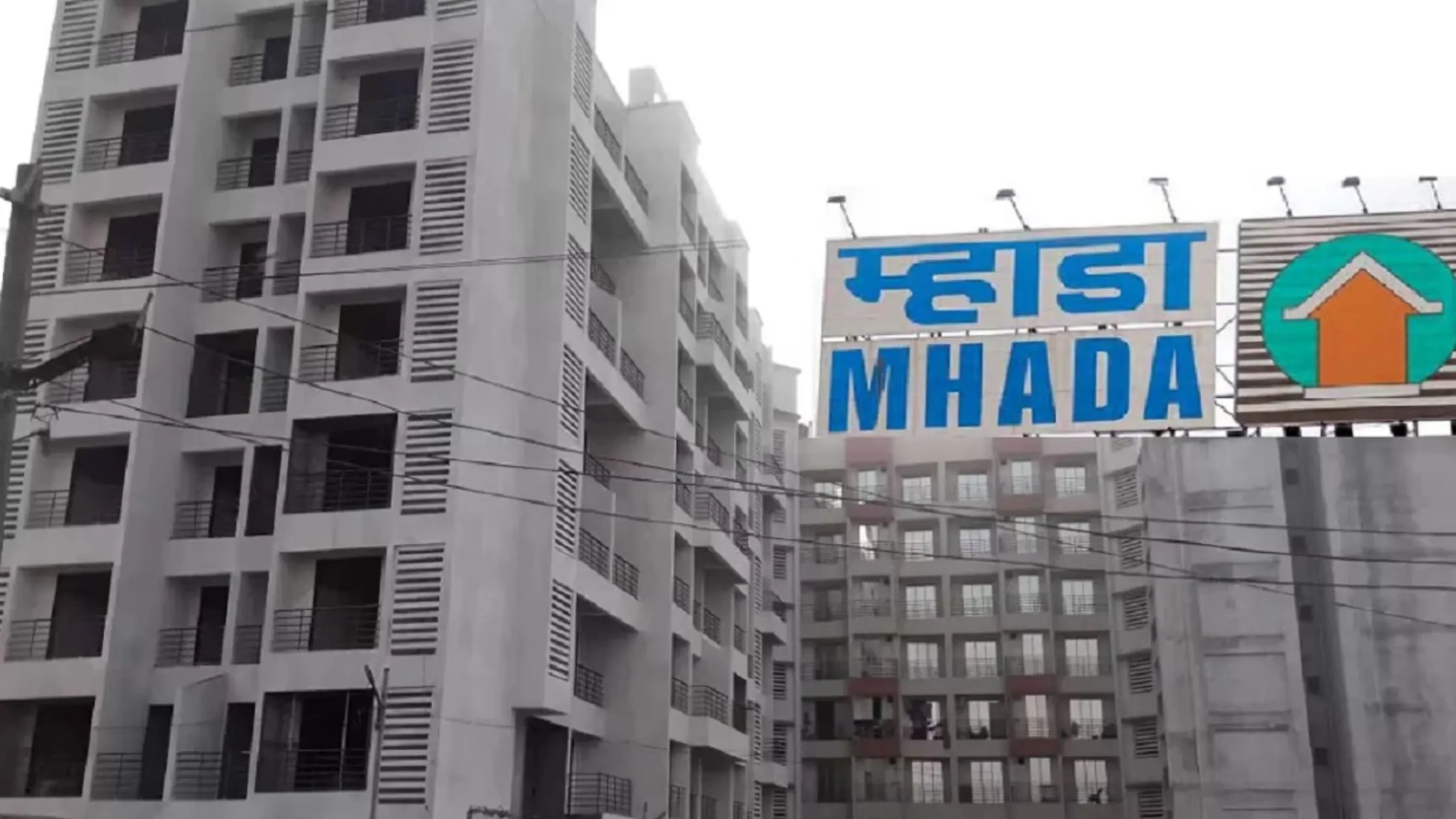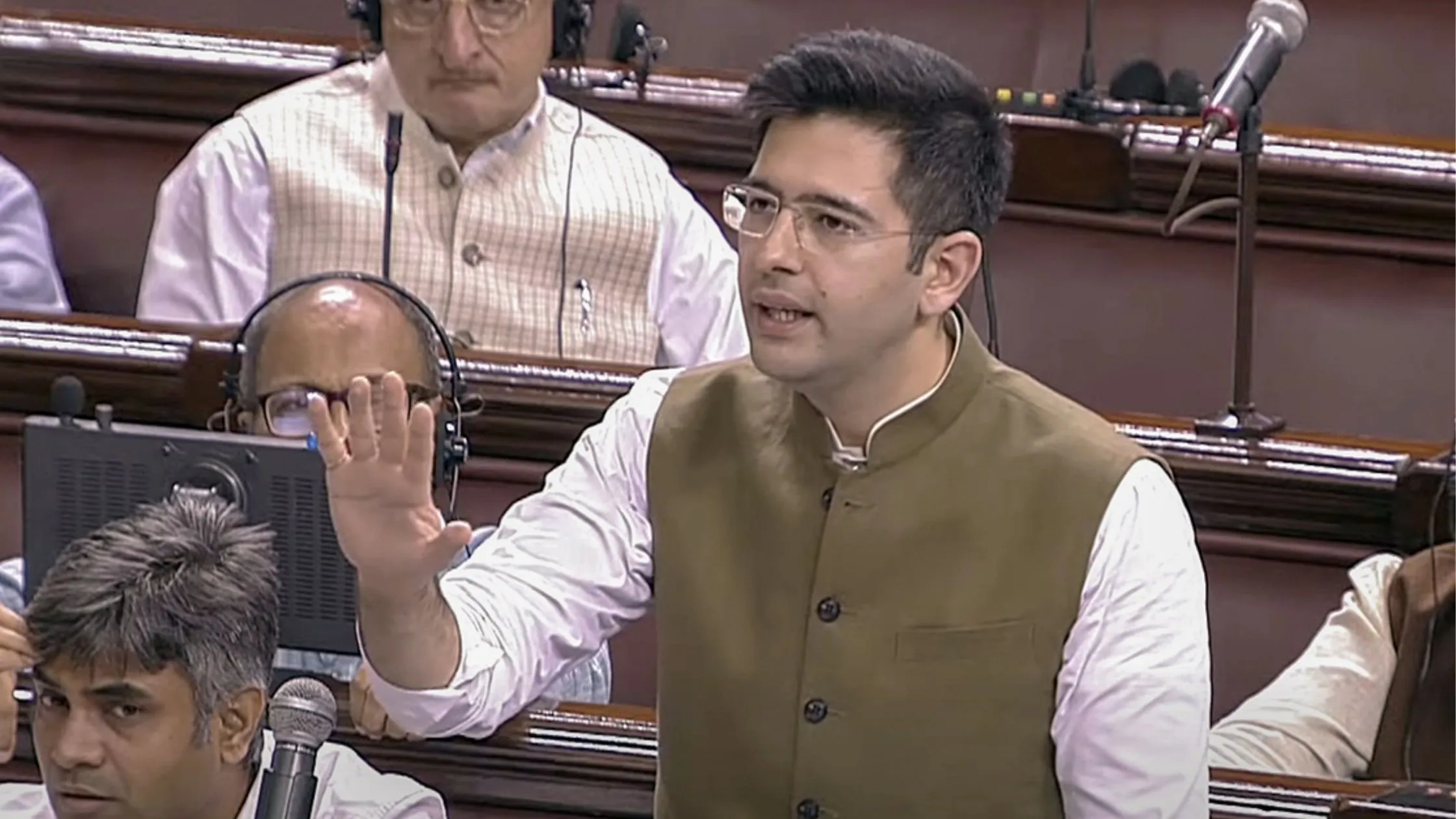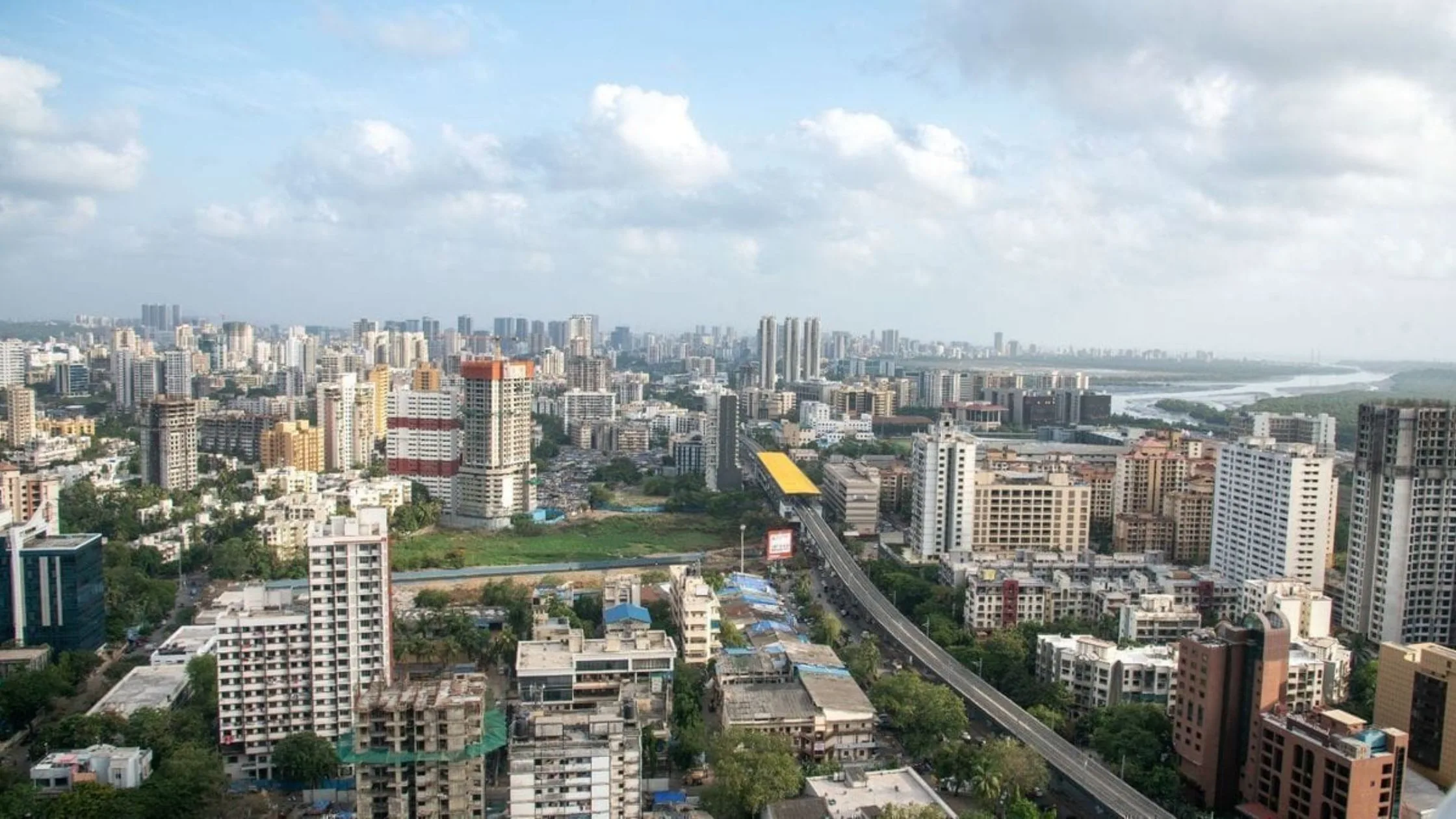Table of Content
▲
12 Questions to Ask Your Home Loan Provider Before Applying for a Home Loan
Buying a home is a lifetime investment you make, and even a simple mistake when using a home loan can hurt not only your CIBIL score but also your savings. Whether you are planning to buy a new house/land, build a new house or even renovate an existing house, you will need a loan to buy or renovate your house. Nowadays, many famous banks and non-bank finance companies offer various home loan plans at reasonable interest rates and also offer attractive deals so that you can get the best deal. Also, online platforms allow you to compare mortgage loans offered by different banks and non-bank finance companies under one roof so you can choose the most affordable option. Let's say you compare all the home loan options from different home loan providers and choose one that meets your financial needs. Now, before you apply for a home loan, here are some questions to ask your home loan provider to avoid last minute surprises and any inconvenience down the line:










